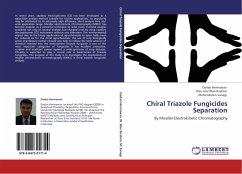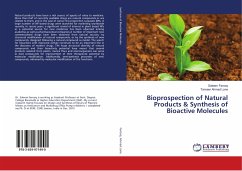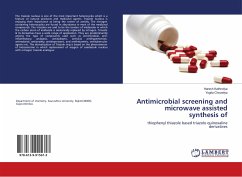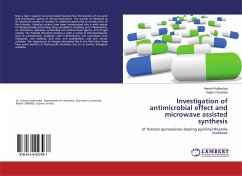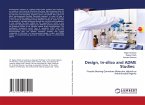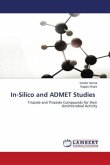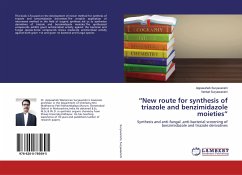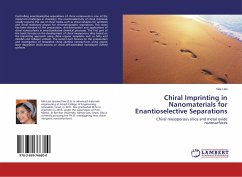In recent years, capillary electrophoresis (CE) has been developed as a separation analysis method suitable for routine applications. Its popularity may be attributed to its extremely high efficiency, short analysis time and wide application range. Micellar electrokinetic chromatography (MEKC) has become popular as a powerful technique to solve many chemical analysis problems not only of neutral analytes but charged ones by using capillary electrophoresis (CE) instrument without any alteration. The environmental impact due to the heavy application of agrochemicals to open fields must be reduced. As for the chiral agrochemicals, the use of only biologically active enantiopure isomers should also help to reduce the total amount of chemical released into the environment. Triazole fungicide is one of the most important categories of fungicides. It has excellent protective, curative and eradicant power against a wide-spectrum of crop diseases. Chirality is expected to play a crucial role in bioactivities of triazole fungicides. The purpose of this study is to investigate the applications of micellar electrokinetic chromatography (MEKC) in chiral triazole fungicides analysis.
Bitte wählen Sie Ihr Anliegen aus.
Rechnungen
Retourenschein anfordern
Bestellstatus
Storno

